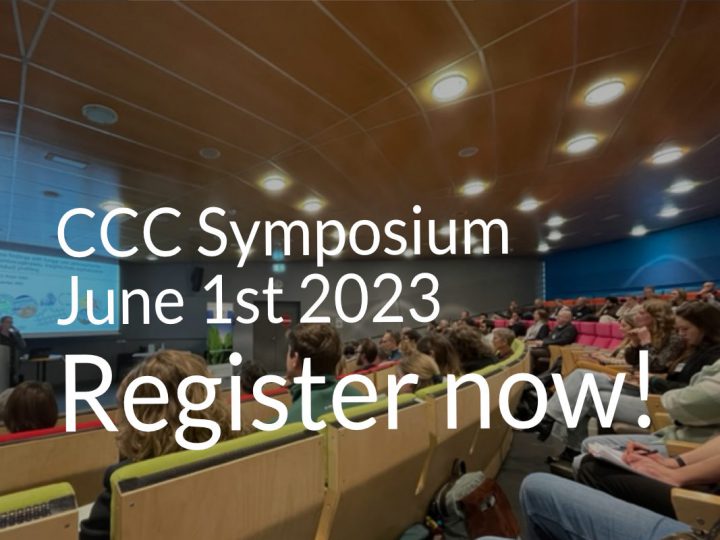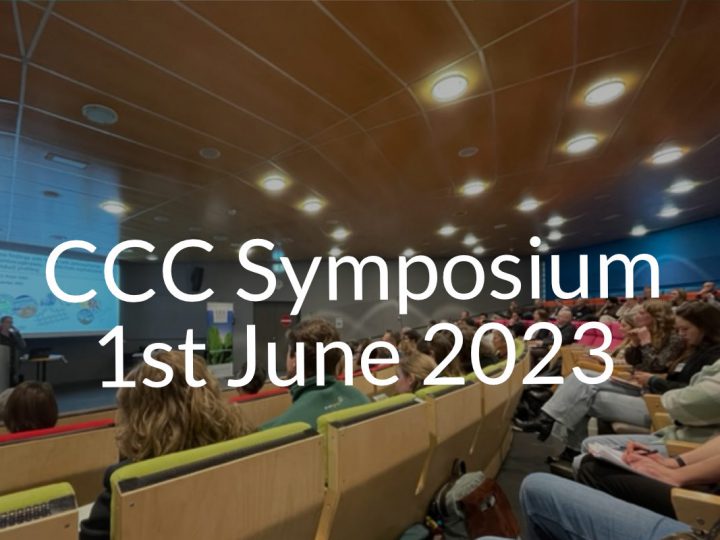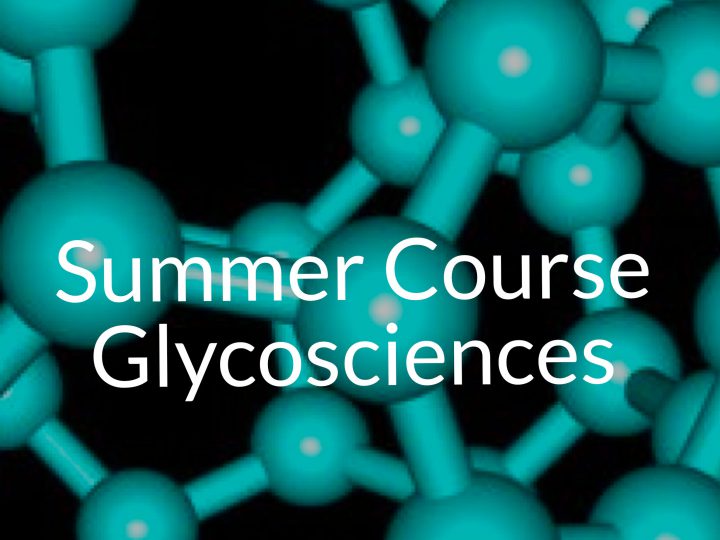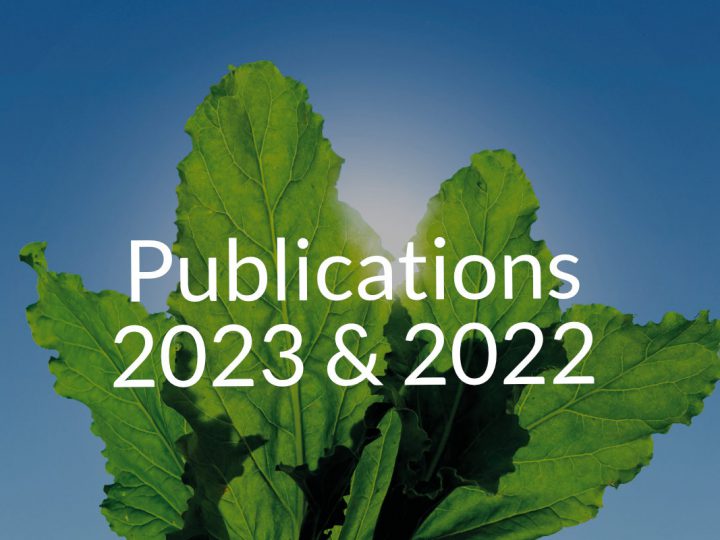Scientists at the University of Auckland recently published a review article on studies describing fecal microbiota transplantation as a treatment to restore the intestinal microbiota of patients suffering from a variety of chronic diseases. Fecal Microbiota Transplantation (FMT) is a treatment in which the intestine of a recipient is evacuated and subsequently inoculated with the microbial fraction from a fecal sample of a healthy donor.
FMT is highly effective in treatment for patients suffering from recurrent Clostridium difficile infections. However, this approach seems to be less effective for the treatment of chronic diseases such as Inflammatory Bowel Disease (IBD) and Metabolic Syndrome (MetS).
Why do only some patients respond to FMT?
An interesting observation is that FMT for treatment of IBD or MetS is very effective for some patients but does not work at all for others. Remarkably, the microbiota composition of recipients that successfully respond to FMT shifts towards that of the donor microbiota. No shift is observed in recipients that did not show a successful response towards the treatment. Another remarkable observation is that the microbiota of some donors resulted in more effective FMT than that of others, which is why they are called super donors. Overall, these observations suggest that microbiota restoration is the key behind the success of FMT. However, the mechanisms underlying the success of FMT are still speculative. Some hypothesized mechanisms include perfect matching of donor-recipient, the role of host-genetics, the presence or absence of signature microbes, the survival of key microbes during the FMT procedures, as well as the role of unknown microbial elements that are co-transplanted.
Paradox
Although certain donors have been awarded the title of super donor, successful responses are also observed with autochthonous FMT, i.e. recipients that receive their own microbiota instead of that from a healthy donor. Such observations complicate our understanding of the mechanisms underlying FMT and suggest that the key for success does not need to come from a (super)donor. Whether successful autochthonous FMT can be seen as a classical placebo response or an improved microbiota restoration from our own microbial ‘building blocks’ remains speculative. On the other hand, this also suggests that at least for some patients treatments targeting their own microbiota might be a successful approach to treat chronic diseases for which no cure exists yet.
Further research
It is evident that we are only just beginning to understand how the success and failure of FMT treatments for specific patient groups work. Therefore, research focusing on unravelling the mechanisms of our intestinal ecosystem is crucial. Enabling the identification of patients that will successfully respond to FMT or own microbiota targeting would be a major step forward towards offering each patient the most effective treatment. Notably the latter group could be of interest for identifying and production of (dietary) components that target the microbiota.
More information
More information about FMT can be found here: (https://www.sciencealert.com/super-pooper-donors-in-faecal-transplants-identified-as-phenomenon-in-new-study




